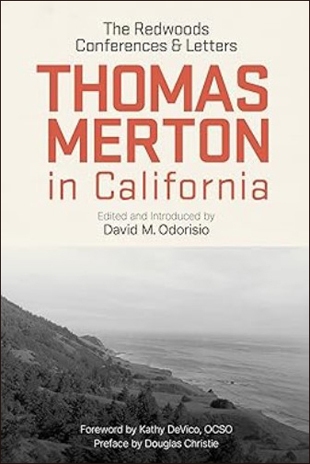“It is good not to have to judge things. Certain things you have to judge; but as a rule, it’s good not to. A lot of judging you just don’t have to do. A lot of deciding, you don’t have to do; therefore, as part of our religious training, we have to have systematic training in what they call nondiscrimination. Not dividing things up to be good and bad. We have to know the difference between 'good' and 'bad,' but at the same time, not to be constantly categorizing everything, 'this is good; this is bad.' Simply be open to it. Don’t decide whether it’s good or bad. You label it as 'good' or 'bad,' and then you don’t have to experience it.
“The reason why we do that is we are afraid of being overwhelmed by experiences. That’s the point of the monastery. What you’ve got here is a place where experiences are controlled. You are immensely rich in being surrounded by decent experiences. You’ve got a nice surrounding, you’ve got a nice choir, you’ve got a nice monastery, nice communities. It’s not only bearable, but it’s even nice [laughs]. This is most unusual! There are a very small minority of people in this country that have that kind of thing. Most people are surrounded by things which are meant to be nice and thought to be nice, but are really horrible.”
